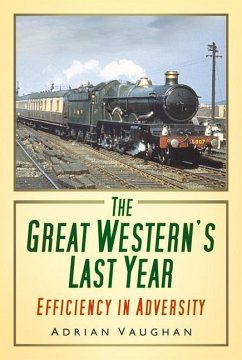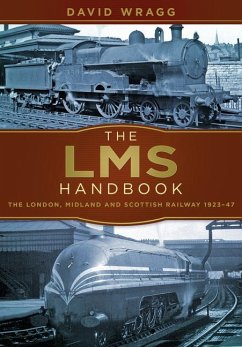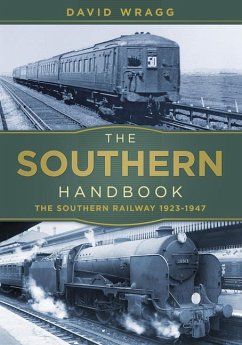
Railways of the North Pennines: The Rise and Fall of the Railways Serving the North Pennine Ore-Field

PAYBACK Punkte
14 °P sammeln!
This illustrated history describes how the two pioneering railways of northern England, the Stockton and Darlington and Newcastle and Carlisle railways, developed from unsuccessful canal proposals and how they, with the ill-fated Stanhope and Tyne Railway, initiated the development of the railway system that served the North Pennine Orefield.













